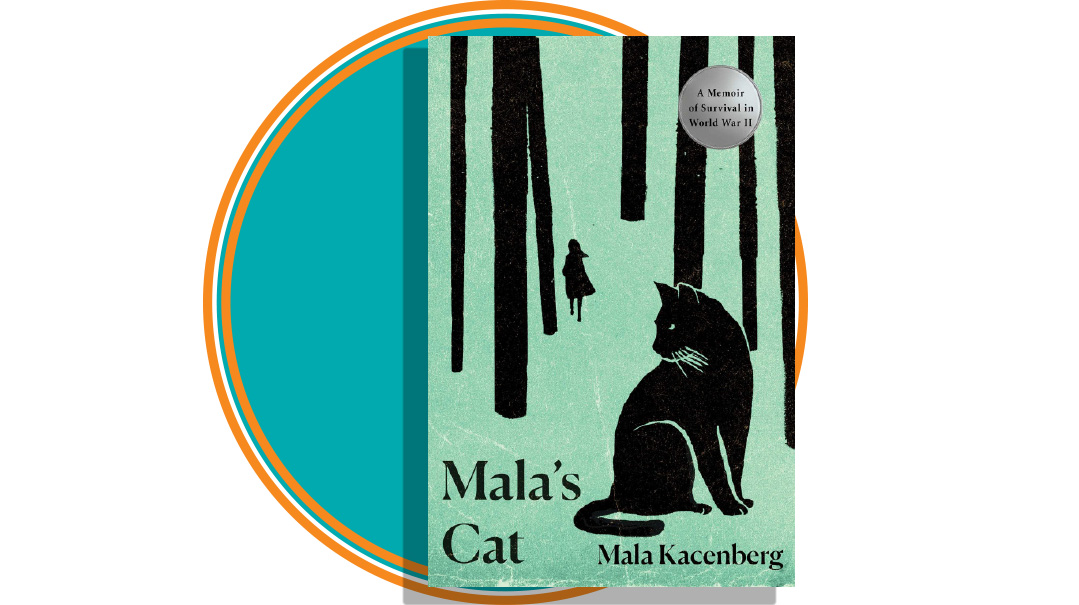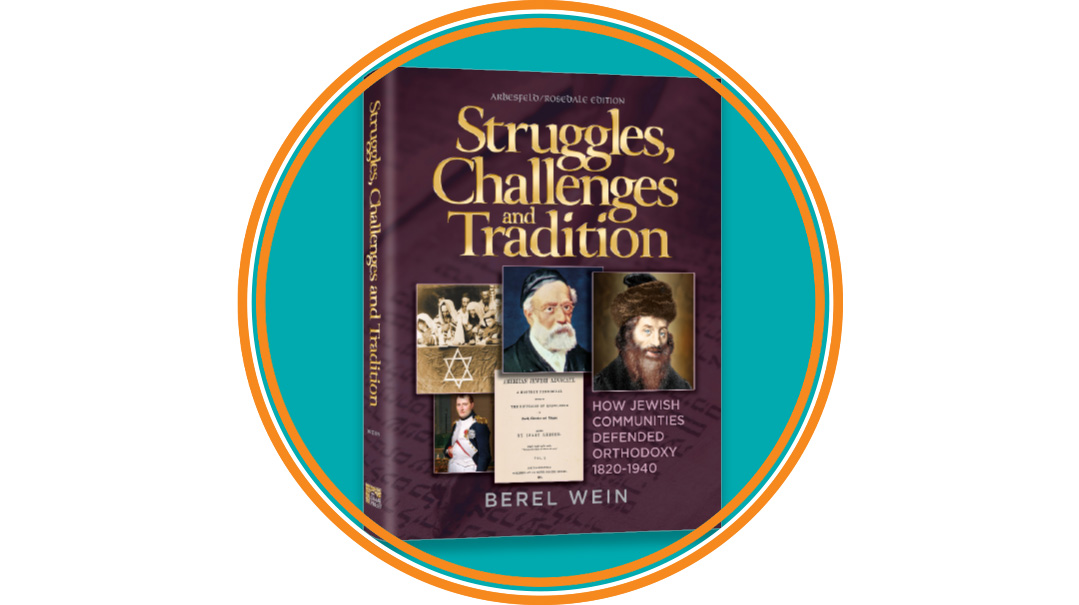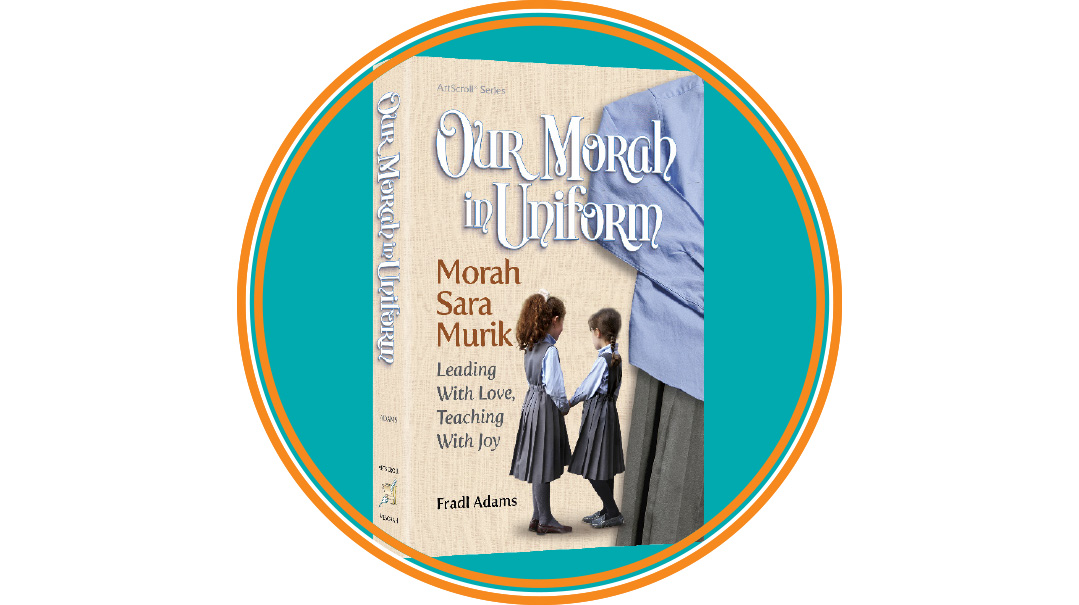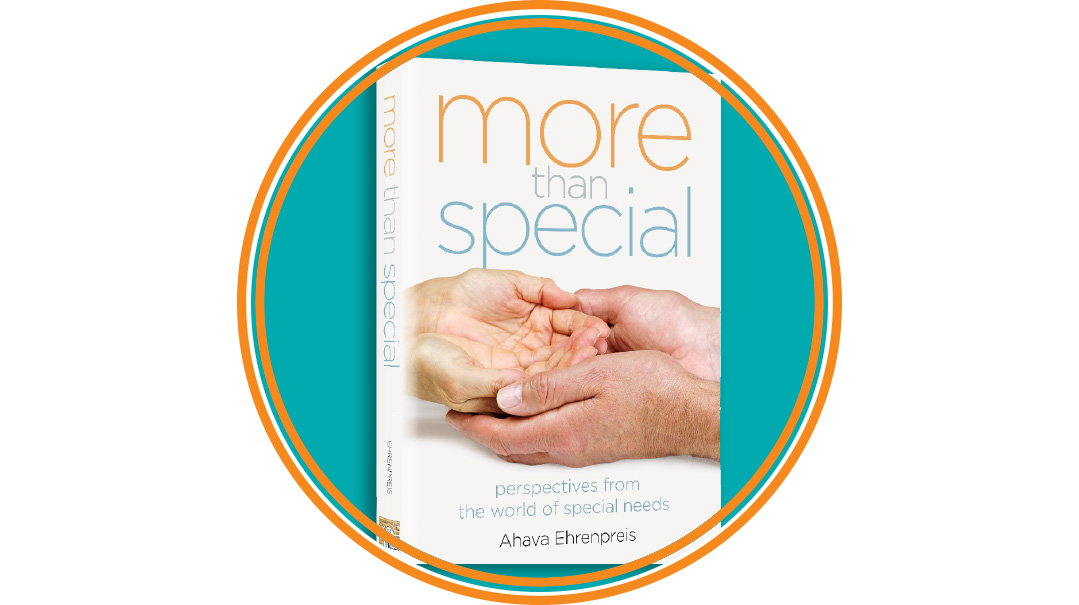Is it Ever Enough?
| May 3, 2022We’re all empowered when we realize we are enough and we have the tools and resources to achieve inner personal greatness
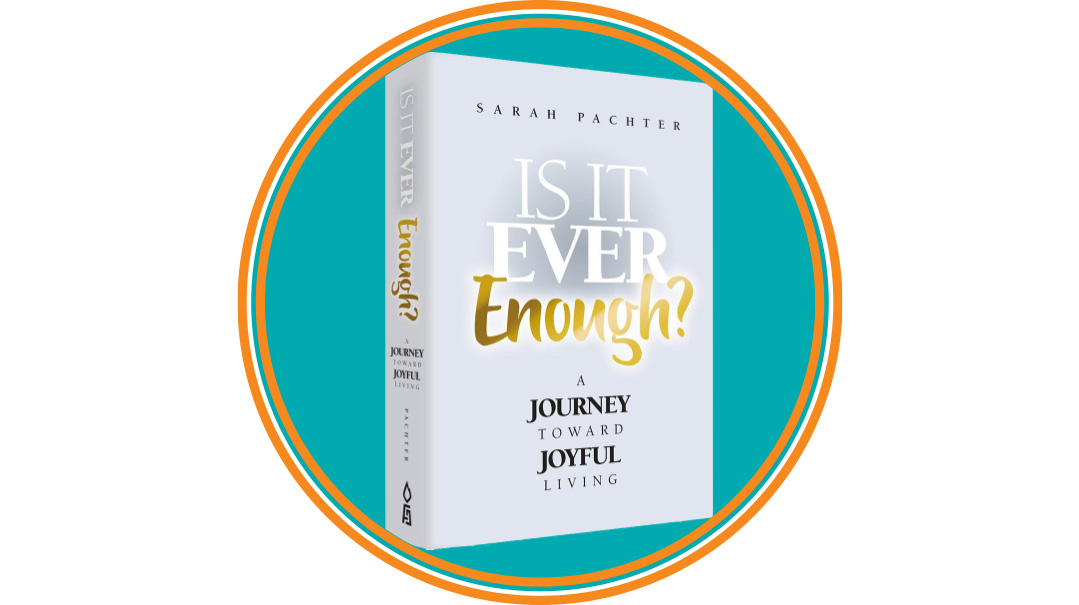
Author: Sarah Pachter
Book: Is it Ever Enough?
Publisher: Feldheim
Theme of the book
We’re all empowered when we realize we are enough and we have the tools and resources to achieve inner personal greatness.
My favorite chapter
“I Have Enough.” Sometimes we look around at others’ lives and feel like we don’t have enough materially because their homes or vacations or lives seem nicer. We all struggle with this. “I Have Enough” provides practical antidotes.
Favorite writing tip
Write as if no one will ever read what you wrote. That will enable your creative juices to flow and the depth to come out. Then let the magic happen with self-editing.
Special section
The chagim are supposed to be highlights of our year, wonderful times, but too often we ladies feel burned out, exhausted, and uninspired by them. The book includes special pieces of inspiration and encouragement for these times.
How my writing career started
With one article I submitted to aish.com. Then there was another and another...
Ruthie Pearlman
Staying in Our World
I started off wanting to be a world-famous writer, the kind whose books are on airport racks and in all bookshops, not just Jewish ones. I reached a fork in the road of my life when I thought: Do I really want to be famous in the secular world, and yet unknown in my own world because frum Jews wouldn’t read my books even though they’d be suitable?
That’s when I turned my attention to writing solely for the frum market. Even so, getting my first book published in the frum world wasn’t the walkover I thought it would be. I had to submit my first books (The Rifki Nesher Trilogy: Working it Out, Getting it Right, and Making it Last) to three publishers before I was on my way.
I’ve never regretted my decision to stay in my own world, yet I feel I have the writing skills of the world I left behind, because that’s where I started.
I always think an author has two choices: Either write about what you know inside- out, or do your homework, i.e., research. Anything else is insulting your reader. My own genre is crime, and I researched forensic science for my first real crime novel, Dark Tapestry, including spending time at the Forensic Science Laboratories in Lambeth, which I often write about as Leora Sommers’ workplace. When readers close my books, I hope they feel they’ve escaped into another world for a while and had a thrilling experience riding along with my characters, yet within the confines of a frum Jewish life. And, of course, I hope they feel they must read my next book.
The strangest feedback I ever received was when Dark Tapestry first came out. There was a ring on my doorbell in London. I answered it, and there stood a policeman in uniform, with a copy of Dark Tapestry under his arm. “How could you have possibly known?” he asked me. “This story is my story. I’m Colin Sommers. I’m a lapsed Jew like he is, struggling to find my way back. How could you possibly have known?” That memory will probably stay forever.
Judy Gruen
Keeping My Voice
I wrote my memoir, The Skeptic and the Rabbi: Falling in Love with Faith, more than twenty years after I’d become Torah-observant. In my early drafts, I superimposed my more evolved and Torah-sensitized point of view onto my younger self, “editorializing” instead of just telling my story.
One reader pointed out that I sounded “preachy,” and I realized she was right. I ripped out those stitches and tapped into my younger, much more skeptical self, the “me” of that earlier time who I remembered well. This allowed me to show the change and challenge of that time, providing a more interesting storyline.
My other rookie error was using a more “serious” voice, because I was writing about a serious topic — an unexpected turn away from secularism and into the intimidating world of Torah observance. (My three previous books were all humor books.)
It didn’t work. It was a mistake to try to use any voice other than the natural, light, relaxed voice my readers recognized and liked. After I learned these lessons, the writing flowed more easily, though it still took a lot of work — well over a year — in addition to the three years just mulling it all over before I had the courage to start writing.
Yaffa Ganz
A Beloved Character
People often ask if I’ve based characters on real-life figures. Well, Savta Simcha has a lot in common with two special ladies in my life. Like Savta Simcha, both my mother Devorah a”h (Dorothy in chutz l’Aretz) and her mother, my Bubby Blima a”h, had a certain grace and charm about them. ““Chein” is probably a good word to describe them.
Add to that an inborn, encompassing generosity plus lots of common sense and gratitude for whatever they had. All that, together with their great love of people, made for a wonderful combination which they used to create an aura of joy, laughter, and love, even when life was hard (as it often was). We were the recipients of their gifts.
Chani Juravel
Each Day Counts
Remember Sefirah 2020, when we were all stuck at home under lockdown? During that time a small group of friends got together for a daily WhatsApp, in which I taught ways to apply the principles of Sefirah to improve our relationships. The group grew into a few thousand phenomenal women, and the positive feedback showed the hunger we all have for tools and methods to improve our relationships.
Putting these teachings into a book so that more people can access the power of Sefirah — G-d’s tools for building ourselves and others — fused my experience as a therapist with my teaching work, and Sefirah in our Lives was born. It was an opportunity for a labor of love l’iluy nishmas my father, who was the source of so much of the wisdom in the book.
My daughter and editor, Sarah Sacks, thought of adding a “Call to Action” at the end of each chapter. Having to concretize the work that way made it much more focused and exciting. It took the book from a collection of ideas to a step-by-step roadmap, laying one foundation at a time until we approach the completion of Malchus.
Sefirah isn’t a block of time; it’s a counting of days. Every day of Sefirah has its own significance and speaks to us in different ways, so the book is also constructed to allow you to read about each day on its own, without building on the previous days and weeks.
The ability to enhance our relationships is within our reach at any age and stage. I was so gratified when one kallah teacher told me that she gifts the book to each kallah she works with to start couples out with insight and skills.
(Originally featured in Family First, Issue 791)
Oops! We could not locate your form.



